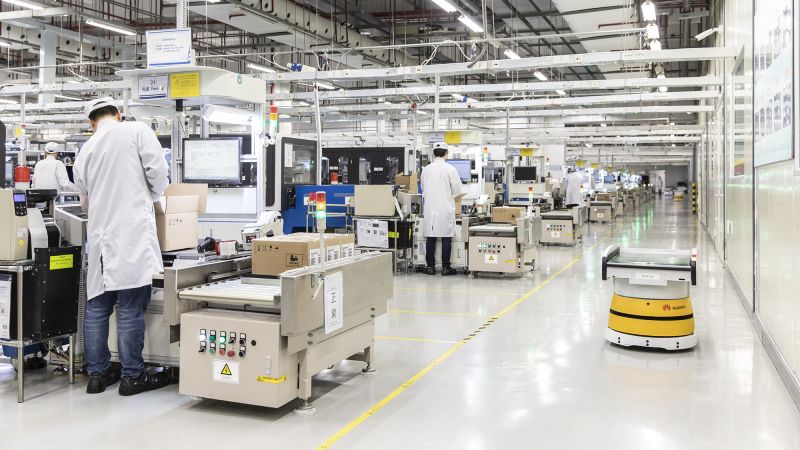The United States has revoked licenses allowing companies like Intel and Qualcomm to ship chips to Huawei, a Chinese telecoms equipment maker, affecting their ability to supply key technology components. The Commerce Department confirmed the revocation of some licenses without naming the companies involved. The move follows the release of Huawei’s AI-enabled laptop powered by Intel’s Core Ultra 9 processor, prompting backlash from Republican lawmakers who questioned the Commerce Department’s approval of the chip sales to Huawei. The action is part of a broader effort by China hawks in Congress to pressure the Biden administration to take a tougher stance against Huawei.
Republican Congresswoman Elise Stefanik praised the revocation of licenses as a step to enhance US national security and diminish China’s technological advancements. The decision could have significant implications for Huawei, which relies on Intel chips for its laptops, as well as for US suppliers that do business with the company. Intel, in particular, has faced challenges in its traditional data center and PC chip business, leading to a drop in stock market value. The restrictions placed on Huawei in 2019 were due to concerns about potential spying on Americans, with the company being required to obtain special licenses before receiving supplies.
Despite the restrictions, some suppliers have received licenses worth billions of dollars to sell goods and technology to Huawei, including a controversial authorization from the Trump administration allowing Intel to ship central processors for laptops since 2020. Qualcomm has also sold older 4G chips to handset makers under a license obtained in 2020, with expectations of no additional chip revenue from Huawei beyond this year. However, Qualcomm still licenses its 5G technologies to Huawei, with negotiations ongoing to renew the patent deal that expires in 2025.
Critics argue that the licensing of technology to Huawei has contributed to the company’s resurgence, such as the release of a new phone with a sophisticated chip from Chinese chipmaker SMIC last year, despite US export restrictions. This move helped boost Huawei’s smartphone sales significantly and contributed to its fastest revenue growth in four years. The company’s smart car component business has also been a key factor in its resurgence, highlighting the complexities and challenges involved in dealing with technology restrictions and trade regulations. The ongoing negotiations between Qualcomm and Huawei reflect the complex relationship between technology companies and regulatory restrictions in the global marketplace.













